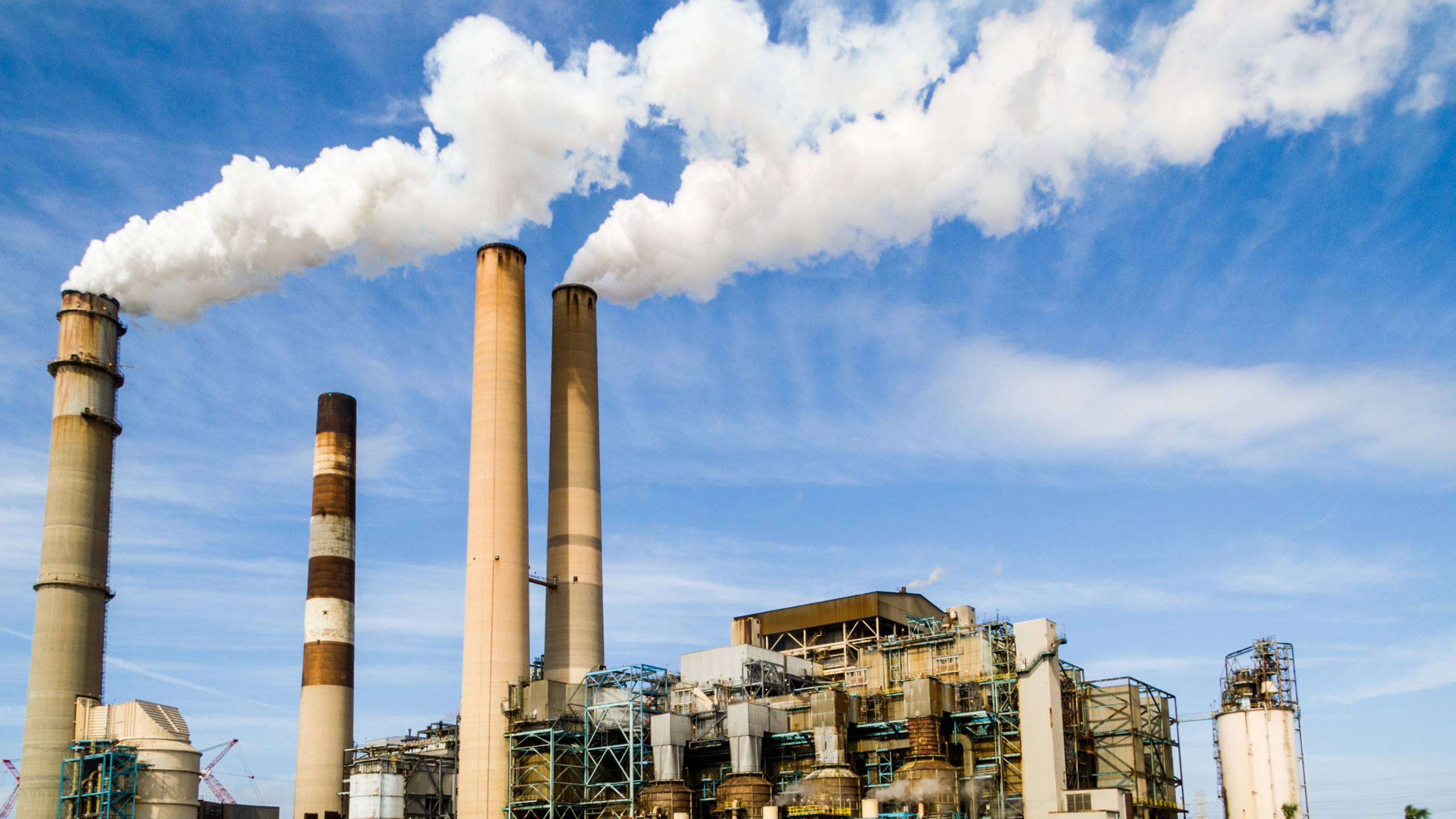Huge amounts of energy are wasted as low grade heat during conversion, transportation and end use. While several technologies can convert heat into electricity, none of them is cost-effective for the conversion of low-grade waste heat.
EHAWEDRY is a newly granted FET-OPEN H2020 project that stands for “Energy harvesting via wetting/drying cycles with nanoporous electrodes“. The kick-off meeting is held today online on July the 20th, 2021.
EHAWEDRY proposes a radically new concept for converting low grade waste heat into electricity. It will couple charging/discharging cycles of electrochemical super-capacitors with the drying/wetting of their nanoporous electrodes, exploiting the proportionality of the capacitor capacity to its electrode/electrolyte contact area. Previous attempts to couple charging/discharging cycles with changes in the electrode/electrolyte contact area aimed at harvesting the mechanical energy used to drive the change in the contact area. The power generated by these mechanical energy harvesters is relatively low, mainly because they have to use smooth capacitor plates (electrodes) to avoid generating too large capillary forces counteracting the harvested displacement.
EHAWEDRY proposes a paradigm shift from the energy harvesting strategies previously used. Instead of mechanically changing the electrode/electrolyte contact area by displacing smooth electrodes, EHAWEDRY will change the electrode/electrolyte contact area by modifying the electrolyte level within nanoporous electrodes through drying/wetting cycles. The use of nanoporous electrodes will increase by many orders of magnitude the electrode/electrolyte contact area, which will translate into several orders of magnitude larger amounts of harvestable energy per cycle. Via pioneering fundamental research, EHAWEDRY targets the generation of a harvester prototype that reaches a volumetric power densities of the order of 10 kW/m3, comparable to established waste heat recovery technologies such as Rankine cycle engines, but with advantages in terms of cost, design flexibility, scalability and potential for the cost-effective harvesting of low grade waste heat without upgrading.
The project has a total budget of ca. 3M€ and will run for 4 years. The consortium is formed by 8 European partners including UPC (leader), IREC, CNRS, Technical University of Hamburg, IBCC NASU, University of Hamburg, R2M SOLUTION and TERMIGO SL.
The Functional Nanomaterials group at IREC, led by Prof ICREA Andreu Cabot, will contribute to the dissemination and exploitation of the project results, to the optimization the coupling wetting/drying and charging/discharging cycles, to the production of particles and porous electrodes, treating their surfaces and characterizing them and assembling and testing a prototype and contributing to the definition of application scenarios.
Link to cordis: https://cordis.europa.eu/project/id/964524/es
This project has received funding from the European Union’s H2020 research and innovation programme under grant agreement number 964524.




